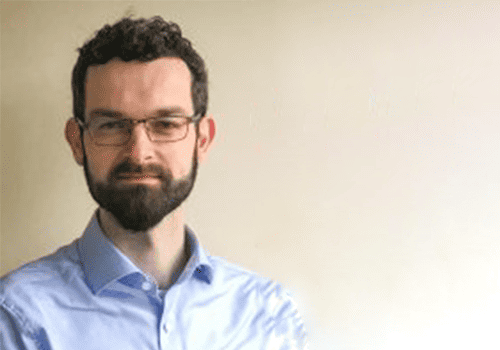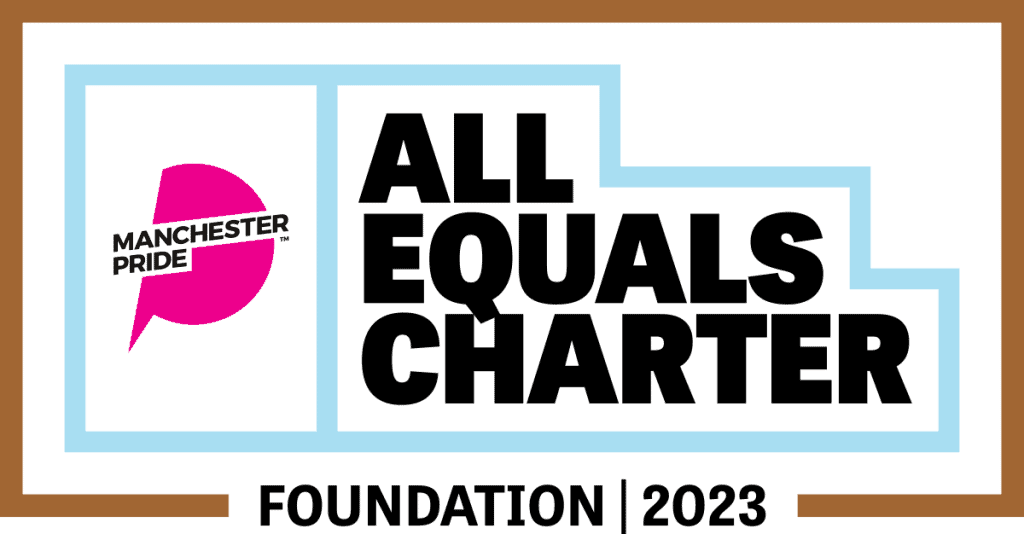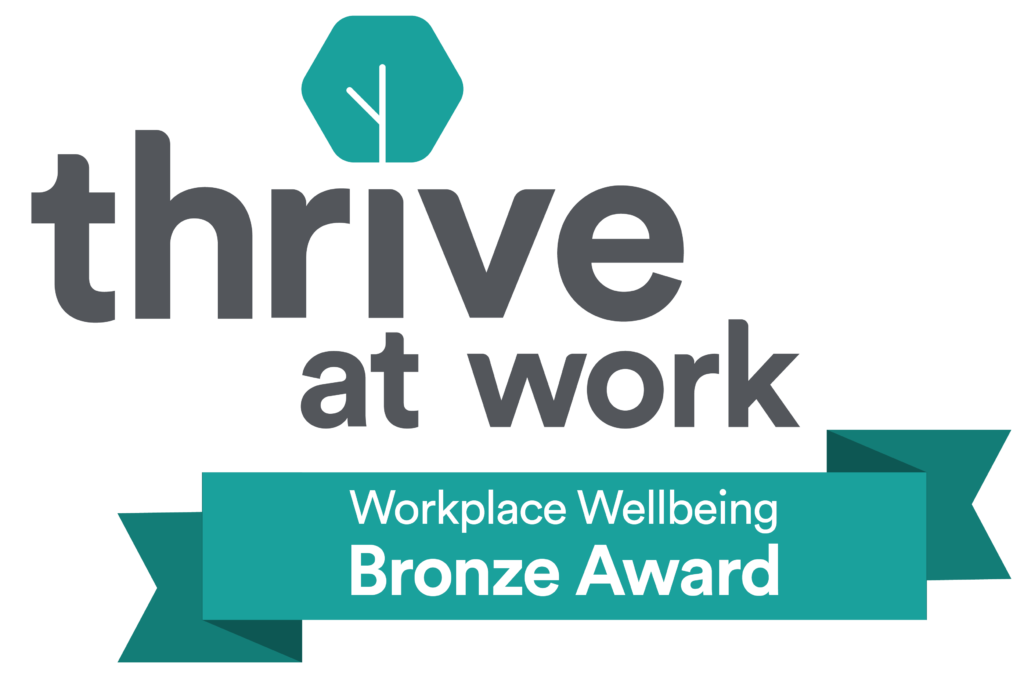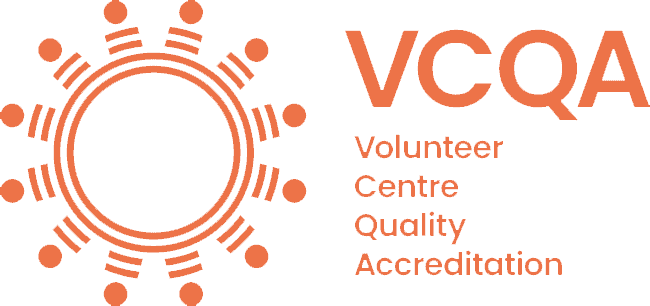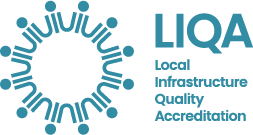Back to School
For many of us this week marks a return to work, as the kids go back to school. For those who bypass this, you will at least notice the unwelcome return of traffic in the morning. It has been a tough few years for everyone associated with school. For teachers they have managed the pandemic lockdowns and the resulting and long-term impacts on pupil wellbeing, mental health, and absence. They have also been engaged in a pay dispute for most of the last year with the government, and in the last few days, an unlucky few have been scrambling to ensure they can open school buildings safely. The ongoing cost of living crisis, is just the latest in an escalating trend for school involvement way beyond education, stepping in to support children and their families in a myriad of ways; that if they didn’t would both be detrimental to education (if not making it pointless to even try – for who learns when they are starving hungry?) as well as morally the only right thing to do as public servants facing communities in hardship every day.
Parents, guardians, and carers have also found it a massive challenge to navigate the transition out of lockdown, exams, teacher strike days and more, alongside the everyday ‘stress’ of parenting alongside work, caring and other duties. And for the children themselves it has been a myriad of complexity, growing up in such turbulent times. There are few, if any, children who have not missed out on, or felt the challenges and stresses of growing up in Britain in the last few years. Our own children are now busily catching up on the swimming lessons they never got for over 2 years, a key life skill that many are playing catch up with, but hopefully not a lasting detriment. For far too many others, the loss in qualifications, the strains of poverty, or the challenges of mental health – experienced in early years – will be visible well into adulthood, perhaps affecting their whole lives in some ways.
And that is the reason it is right for me and the local voluntary sector to hold a view on our education system, not only because so many of you support it in some way, from before and after school clubs, to out of school education, alternative provision, sport, and cultural activities… the list goes on. But also, because an even greater proportion of the VCSE sector deal with the adverse impacts of childhood trauma and missed opportunities in education many years on. When kids fall between the cracks, it is often the adults they become, or their own children who rock up to VCSE services, from mental health provision to drug and alcohol services, homelessness, loneliness support and again…. the list goes on.
School and wider education is our biggest prevention and early intervention service by a mile. As such it should receive large amounts of public money, because it also saves inexorably greater amounts of public money to ‘fix’ things that ‘school’ could have prevented going awry in the first place. It changes year to year, but the figure is about 5% (and that includes student loans funding universities). For comparison, about 10% is spent on the NHS. I don’t honestly feel qualified to say if that is right, or enough. I do know that every single teacher I know is pretty unhappy. Again, I may be abnormal, but I do know quite a few teachers and whilst they still intrinsically love the work, supporting and enabling children, they hate the bureaucracy. They hate the top-down power, control, measurement, fashion-shifting curriculum, and lack of investment in basic things like resources and decent classrooms. All of them spend their own money buying stuff to use at school. They all feel understaffed, given the complexity of issues their pupils face, and the resulting behaviours that face them as educators, and all too often stand between them and their education goals.
As we head into a national general election within the next year or so, I will increasingly focus on some of the core issues for the VCSE sector and the communities we exist for. Education must be near the top of the list and will be a recurrent issue. As we embark upon the new school year whether you engage with schools as parents, service providers, or VCSE partners, or more indirectly or distantly in dealing with the social issues I reference above… I would encourage solidarity. Schools are statutory bodies, but they are critical in flourishing communities, perhaps the closest part of the government structure to the voluntary sector. We must be as one in advocating for local investment, devolved power and cross-sector partnership and collaboration.
Garry

